Maastricht University Ranked as World’s Fourth Best Young University
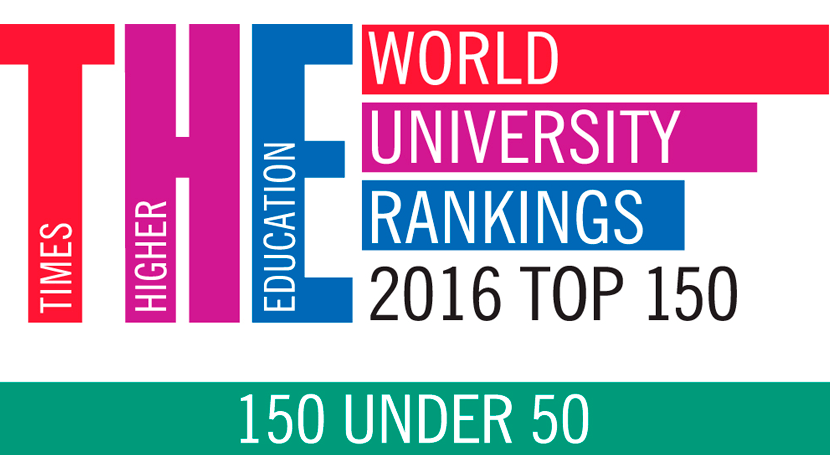
Maastricht University (UM) has climbed to the fourth place in the Times Higher Education (THE) 150 Under 50 ranking for best young universities in the world. After maintaining the sixth place since 2013 in the former THE 100 under 50, this fourth place can be considered as a compliment and congratulations in Maastricht Universities 40th anniversary year. The list has been published at the Young Universities Summit in Barcelona on April 6th.
The Sixth Annual WUN Presidents Forum to Convene in Brussels
On 7 April, WUN Presidents, as well as distinguished representatives from the European Parliament, European Commission and European Research Council, will convene in Brussels for the sixth annual Presidents Forum.
Unravelling the secret of antibiotic resistance
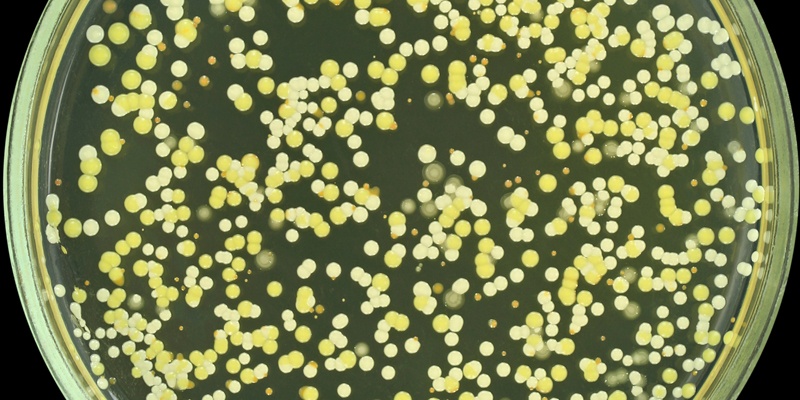
Scientists from the University of Leeds have solved a 25-year-old question about how a family of proteins allow bacteria to resist the effects of certain antibiotics. Proteins of the ABC-F protein family are a major source of antibiotic resistance in ‘superbugs’ such as Staphylococcus aureus, a group of bacteria that includes MRSA. The findings, published in the American Society for Microbiology journal mBio, provide the first direct evidence of how this family of proteins ‘protect’ the bacterial ribosome, the protein makers in cells, from being blocked by antibiotics.
Cutting fuel costs and CO2 emissions

Cars of the future which advise how to drive more safely and economically could bring significant cuts in fuel consumption and emissions. Eco-driving systems offer visual guidance to drivers, usually built in to satellite navigation systems or via smartphone apps. The systems are not yet widely available, but manufacturers are looking at installing them in their next generation of cars.The ecoDriver project, led by the Institute for Transport Studies at Leeds with industry partners including BMW, Daimler, CRF (Fiat-Chrysler) and TomTom Telematics, showed that drivers of cars which had such systems installed saved an average of 4.2% in fuel and CO2 emissions, with an even higher saving of 5.8% on rural roads.
New study finds vitamin D3 improves heart function
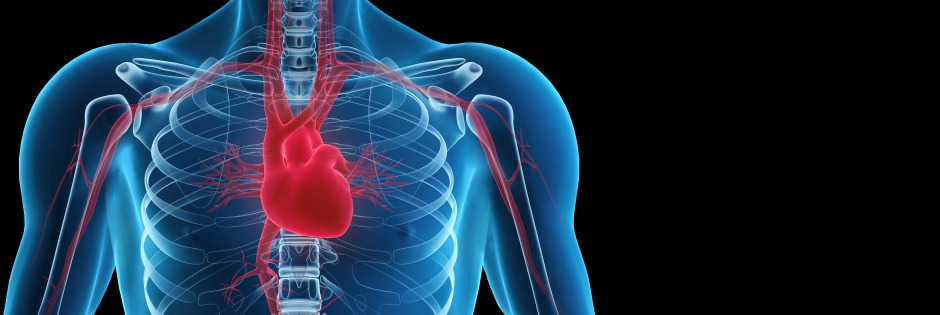
A daily dose of vitamin D3 improves heart function in people with chronic heart failure, a five-year University of Leeds research project has found. Dr Klaus Witte, from the School of Medicine and Consultant Cardiologist at Leeds Teaching Hospitals NHS Trust, led the study, known as VINDICATE. He said: “This is a significant breakthrough for patients. It is the first evidence that vitamin D3 can improve heart function of people with heart muscle weakness – known as heart failure. These findings could make a significant difference to the care of heart failure patients.”
Building Bridges Between China and the World
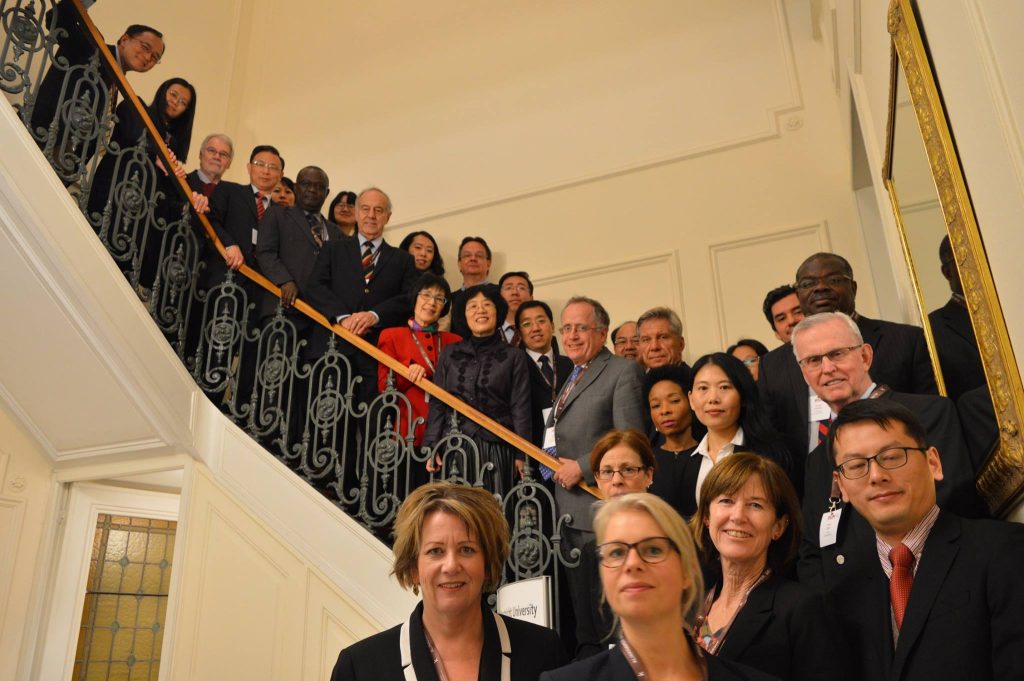
On 4 April, # international researchers came together at the second WUN China FDI Workshop to examine the progress of President Xi Jinping’s Belt and Road Initiative, which is designed to build knowledge and innovation partnerships and accelerate business development.
WUN Contributes to Global Policy Agenda in Maastricht
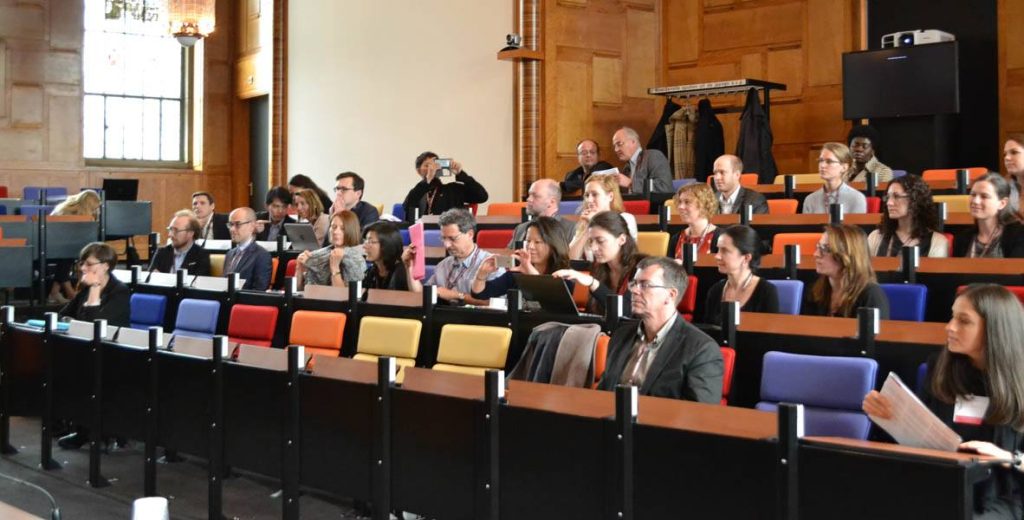
On 2-7 April, close to 400 academics and university leaders from around the world will descend on Maastricht for the WUN Conference & AGM 2016, hosted by Maastricht University.
WUN Forms Strategic Alliance with International Organization for Migration (IOM)
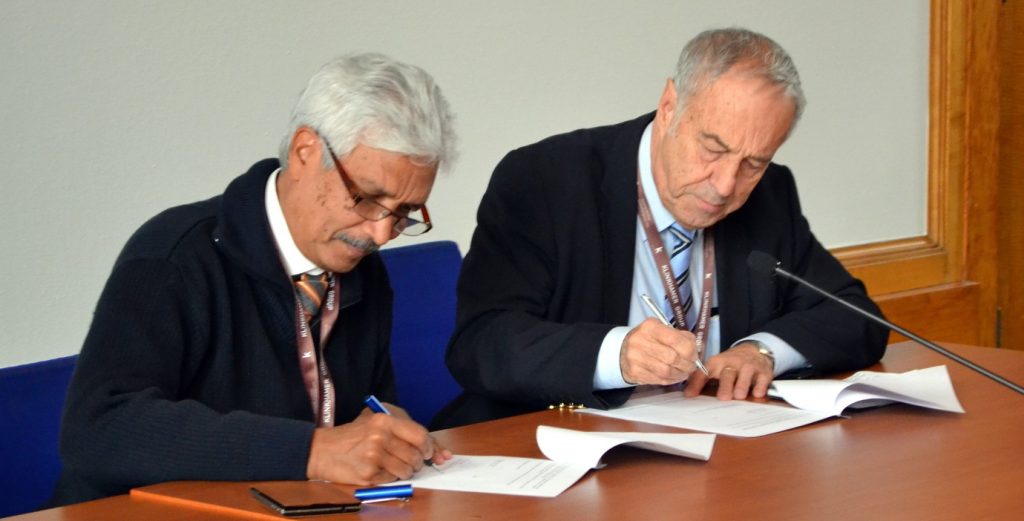
On 2 April, the Worldwide Universities Network (WUN) and the Global Migration Data Analysis Centre in Berlin of the International Organization for Migration (IOM GMDAC) signed a collaboration agreement at the second WUN Migration Conference in Maastricht.
WUN Global ‘Air Sensors Everywhere’ Campaign Launched
Environmental health science researcher Richard Peltier at the University of Massachusetts Amherst, with others around the world, is launching a series of webinars and events for a Do-It-Yourself, citizen science campaign called “Air Sensors Everywhere.” It aims to bring small air pollution sensors to the developed and developing world “to empower people everywhere to use low-cost pollution sensors to reduce pollution-linked disease.”
CUHK Uncovers Structure and Functions of the Rice YchF-type G Protein
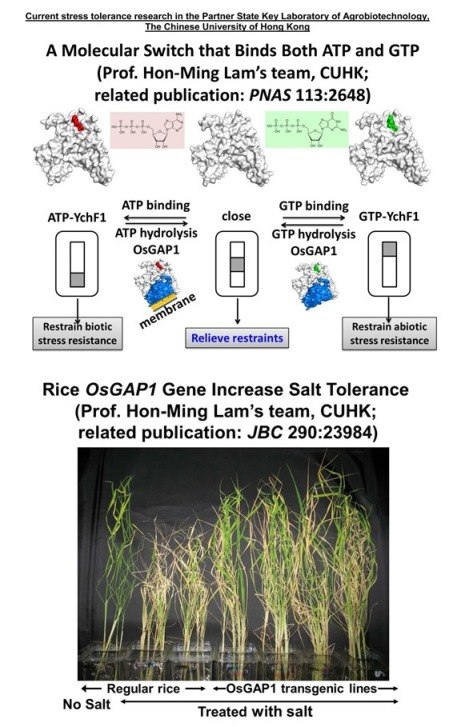
Prof. Hon-Ming Lam, Director of the Centre for Soybean Research of the Partner State Key Laboratory of Agrobiotechnology at The Chinese University of Hong Kong, and his team have uncovered the structure and functions of the Rice YchF-type G Protein for the first time. The new findings help improve plants’ defense response and stress tolerance, and maintain a higher agricultural productivity under adverse conditions.

